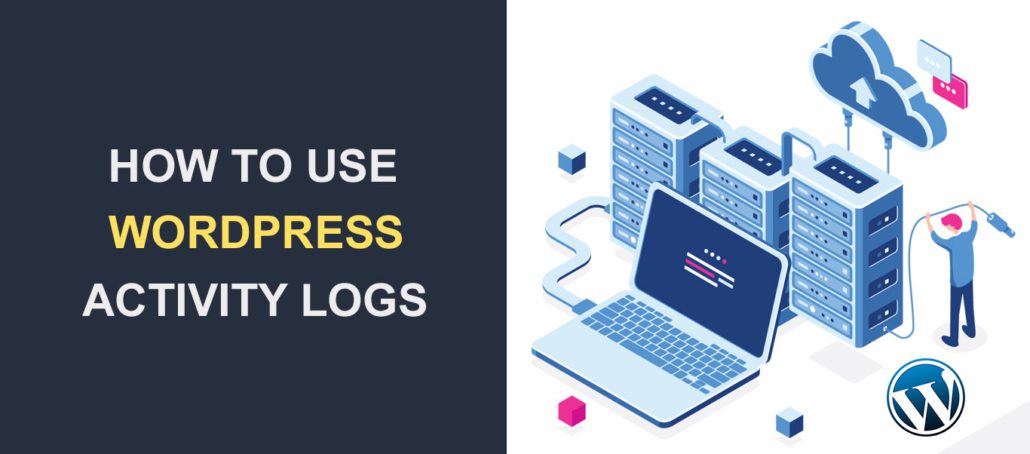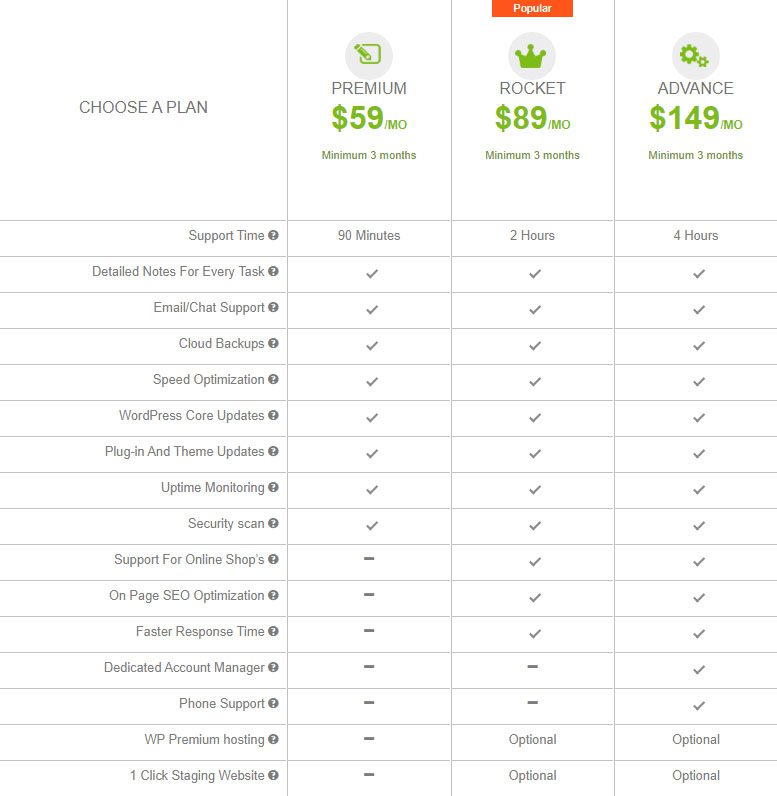What Are WordPress Activity Logs And How To Use Them
 Activity logging is one of the most basic yet valuable troubleshooting tools available. As the name suggests, activity logs keep a log of activity that happens on a system. The type of logged activities will largely depend on the system itself and the software doing the logging. This can include anything from users and resource access to modifications, security breaches, and unauthorized access.
Activity logging is one of the most basic yet valuable troubleshooting tools available. As the name suggests, activity logs keep a log of activity that happens on a system. The type of logged activities will largely depend on the system itself and the software doing the logging. This can include anything from users and resource access to modifications, security breaches, and unauthorized access.
Many different systems and applications such as your Facebook account, a computer’s Operating System, and complex IT systems keep activity logs. These logs help owners and administrators monitor their systems and user accounts for privacy, hacking attempt, intrusions, and breakdowns. Furthermore, it can help you understand what went wrong should something break – saving you time, money, and headaches.
WordPress activity logs
WordPress does not track user and system activity out of the box. However, several WordPress activity log plugins can help you do this. WordPress activity log plugins track changes to WordPress websites, but not all plugins track everything. You’ll find plugins like WP Activity Log that can track everything and plugins that focus on one specific type of activity.
Pro Tip: Because each system is different, the best plugin for you will be the one that meets your current and future needs. You might not necessarily need to track every metric possible, but you need to make sure that the plugin you choose can log the ones you need. You might also want to consider the level of detail collected in each log since this can help you troubleshoot any issues that may arise.
What do WordPress activity log plugins track?
Activity log plugins for WordPress track activities – changes or actions done by users or the system. In this context, users are people registered on WordPress (WordPress user activity logs are not meant to track website visitors, analytics tools do that). On the other hand, the system refers to WordPress itself and any plugins that you might have installed.
User activity
User activity is activity generated by a user account. Keep in mind that a user account does not necessarily mean an actual person since some services utilize user accounts to connect to WordPress.
Pro Tip: You might want to document all the user accounts in your system, including the creation date and for whom you’re setting up the account. This document can help you identify rouge accounts down the line.
User events
User activity logs allow you to keep track of changes made by user accounts. Users can typically make a variety of changes, including:
- Publishing, editing, and deleting posts
- Uploading and deleting files
- Installing, configuring, and uninstalling plugins and themes
- Creating, editing, and deleting user accounts
- Changing WordPress and plugins settings
Activity log plugins such as WP Activity Log can track all of these activities in fine detail. You can even choose which activities to log, helping you get as broad or concise of a view of your WordPress installation as you need.
If an account has been compromised, the activity log will inform you of any changes made. Because of this, WordPress user activity logs are also necessary if your website has only one account.
User logins
Website users access your WordPress website through a login process. Successful logins require a username and password and, in some cases, two-factor authentication for added security. These logins get logged by the activity log plugin, including related activities such as failed logins, logouts, and password reset requests.
Looking at user login logs is one of the primary security measures that can help you discover intrusion attempts on your website. Repeat login failures are typically a sign of an attempted brute force attack – something that activity audit logs can show you easily and quickly.
Sessions
All user activity happens with a session. A session starts when a user successfully logs in and ends on logout. Several session-related activities can happen within that session, including logins getting blocked and logins into existing sessions.
System activity
System activity is any activity that is generated by the WordPress application itself or plugins running on WordPress.
Plugin activity
While we might not think of plugins as active agents on our website, they can carry out several activities. Activities can include creating and deleting posts and making entries into the database. While you might very well trust the plugin, keep in mind that a misconfigured plugin can behave in unexpected ways. In rare cases, an outdated plugin can also introduce risks. As such, having logs of what a plugin did can help you make sure there are no unexpected activities and, if there is, allow you to investigate.
File changes
WordPress, just like every other web application, keeps all of its files in a directory. Some folders within the directory, such as the folder storing pictures and other media, change very often.
Other folders, such as the folders storing the WordPress code, should not change. Any changes in these folders could mean trouble is brewing.
Updates
WordPress updates are essential from a security standpoint. An out-of-date version can leave you exposed to breaches with attacks often not discriminating between WordPress sites. Yet, an untested WordPress website can lead to plugins and themes not playing along nicely. This is why it’s always important to know when updates have been installed, allowing for cross-referencing any site breakdowns that coincide with updates.
What is worth tracking on a WordPress website?
The short answer is everything – you never know what you might need, so it is better to have the data and not use it than need the data and not have it. While this might create quite a few entries, do not panic. Two handy tools – filtering and retention can help you manage the log.
Filtering the activity log
Filtering is a search mechanism that allows you to filter out certain types of logs. Using this viewing method, you can create a view to only see the kind of activity logs you want to see without encumbering the view with data that’s out of context or scope.
Retention for the activity log
Retention is how long you keep data for and where you choose to store it. WP Activity Log allows you to store all of your log data in an external database, helping the WordPress database stay lean without sacrificing log detail.
How to make the most out of your WordPress Activity Logs
Like everything else, balance and consistency are critical to ensuring that activity logs help you maintain your website in the best possible shape. If you cannot dedicate enough time to go through all logs consistently, make sure you reduce what you track or use filters to make sure you’re going through the most critical ones.
One of the best things about an activity log is that they help you troubleshoot issues that arise. Even better, however, they can also help you understand what is weighing your WordPress website down before it reaches a critical stage. Being proactive matters – it keeps visitors happy and the competition at bay. Logs make it all a breeze.
The next step is to find the right activity log plugin that meets your requirements and get started. If you need help with that, here are some key tips for evaluating WordPress activity log plugins.





